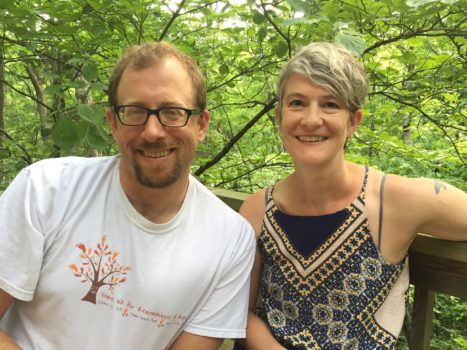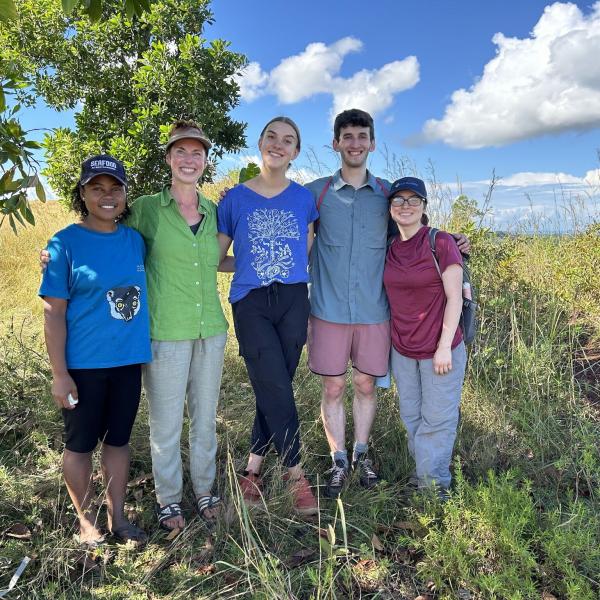In February 2016, news surfaced that parts of Bangladesh were suffering from a severe outbreak of wheat rust, a fungal disease of grasses that had never before been seen in Asia. Seed farms and badly infected fields were burned with gasolinein a desperate attempt to prevent the disease from reaching major wheat-producing areas in neighboring countries.
Hearing of the outbreak, Sophien Kamoun, a Tunisian scientist working in England who had been waiting for an opportunity to test a rapid response plan for emerging plant disease, teamed up with Tofazzi Islam, a Bangladeshi scientist, to try to identify the strain of fungus infecting the fields.
Instead of culturing the pathogen and sequencing its DNA, which might have taken years of effort, the scientists sequenced RNA from infected leaves gathered in the fields. They had an answer in six weeks. The pathogen was not a new strain or a mix of strains but rather an asexual clone closely related to one found in Brazil. It had probably been introduced to Asia from South America by global transport.

The article they eventually published in the journal BMC Biology tells you this much. But the rest of the story — the backstory — is told in the first episode of a new podcast called Taproot sponsored by Plantae, an online community of plant scientists. If you miss that, you’re missing the really juicy bits of the story.
Co-hosted by Elizabeth Haswell, associate professor of biology in Arts & Sciences at Washington University in St. Louis, and Ivan Baxter, a USDA research scientist and associate member of the Danforth Plant Science Center, Taproot is a series of conversations that go behind the the curtain to reveal what it was really like to do the work so tersely described in a journal.



